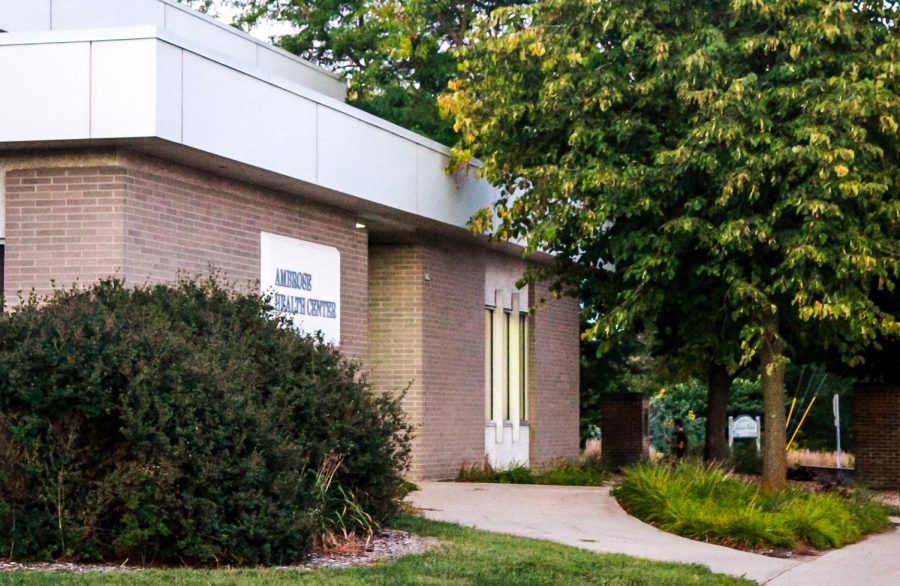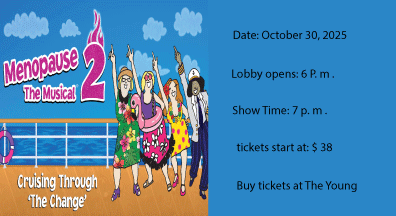Vacancies plague mental health center
October 17, 2021
Multiple resignations from University Health and Counseling Services (UHCS) since the summer of 2020 have left the remaining staff with challenges as they continue to serve the student population.
Mental health among young adults has become an issue of great importance on the UW-W campus, especially in recent years. Various events and promotional messages put mental health in the spotlight, but some question the ability of the university to provide real support.
“It is really hard for me as a student leader in mental health to recommend UHCS as a resource at this time. With budget cuts, it seems that student mental health is not the priority for our university,” said Active Minds President Kelsey Pacetti. “It shocks me because suicide is the second leading cause of death among college students, and according to a recent Active Minds survey COVID-19 has negatively impacted 80 percent of college students’ mental health.”
Currently, there are three vacant positions shown on the UHCS website, with two of them recently filled over the last week of September, according to Counseling Director Veronica Warren.
“It is brave for students to even ask for help in the first place and to be turned away or to have to wait is extremely discouraging,” said Pacetti. “Not everyone has a mental illness, but everyone has mental health and it is time to prioritize it. College and life are hard. We deserve a safe space. I should feel confident when recommending resources to my Active Minds members and other peers.”
Due to the staffing shortage, UHCS adopted different approaches to better serve students looking for help. Last fall they began a triage system where students could schedule a 30-minute appointment. During this appointment, students communicate their concerns, get assessed for their risk, and then are recommended to a provider that will best fit their needs.
Before the transition to the triage, some had to wait weeks, sometimes even months, before being seen, Pacetti said.
“Right now we don’t necessarily have a waitlist, we instituted last year in the fall a new triage system. So when students call in they are scheduled for a 30-minute triage appointment. We try to get them in as soon as possible and don’t have what you would call a waitlist,” said Warren.
Many students lean on UHCS for emotional support; throughout the month of September alone, the center had 963 appointments. The support has not been a negative experience for all students, however.
“I really enjoy my visits there and rarely have a complaint,” said Vice President of Active Minds Sara Snopek. “The UHCS is one of the most important parts of campus – not just for the mental health resources upstairs, but also the amazing staff on the first floor.”
Despite the staffing and pandemic challenges, UHCS said it is committed to giving the best care to students. They re-evaluated their services, trying to get students in as soon as possible and present different wellness events to students with wellness coordinator Erica Fischer.
“Being available throughout all the pandemic, staff here assure they can see as many students as possible, meaning that some staff were able to secure emergency out-of-state licenses in order to provide services to students that maybe stay in Illinois or Minnesota,” said Warren.
Although many individuals resigned, Warren said they are doing well financially and cannot comment on the employee resignations.
“I can’t speak on a personnel matter,” she said. “I will say that two vacant positions have been filled and we will be looking for postings in the coming weeks,” Warren said.
Vacant positions can be challenging, but the center remains determined to provide good service, Warren said.
“We continue to provide services to a large number of students. Even as a director I have taken on seeing cases as well. Even in addition to my administrative responsibilities, our staff, as well as our licensed counselors, our interns, are seeing cases. Even though our cases are filling, we are still committed to providing care. We are diligent to try and get these positions filled,” said Warren. “We are committed to getting the positions filled.”
UW-Whitewater is not the only university experiencing challenges within its counseling services. The rest of the UW-System is seeing a consistent similar trend. UW System President Tommy Thompson asked for $10 million in the latest state budget to hire more counselors, but it was not approved.
“We have made mental health a priority on our campuses, and we know students are heavily reliant on services our universities provide,” said Thompson. “But there remains an unmet need, and we are going to seek help from the governor and the legislature to partner with us to expand our capacity. It not only helps us retain students but more importantly, ensures students get what they need to build a successful future.”













